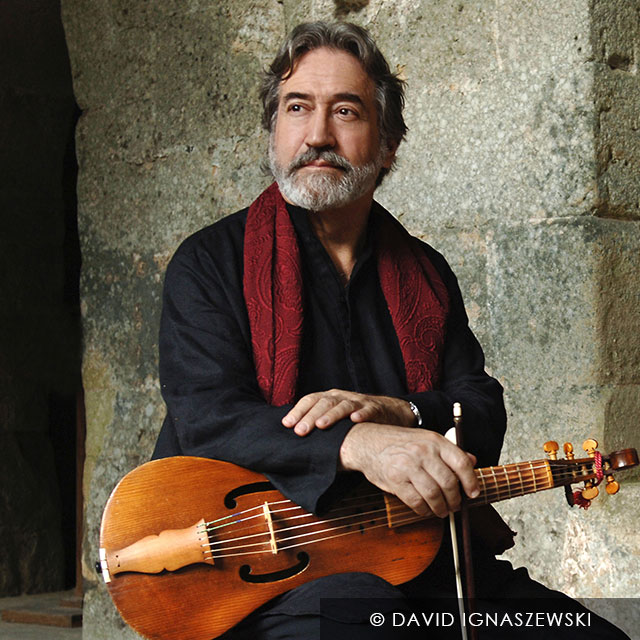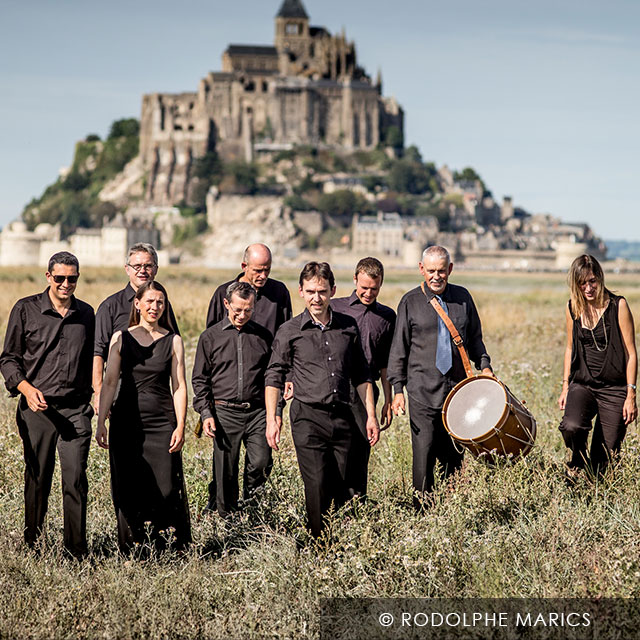Description
- Travel first leaves you voiceless, before it turns you into a storyteller
Ibn Battuta
Jordi Savall is one of the most multi-faceted musical personalities of his generation. His activities as concertist, pedagogue, researcher and creator of new projects, both musical and cultural, set him among the major protagonists of the renewal of historical music. He has, with Monserrat Figueras, founded direc ted the Hesperion XXI (1974) musical ensembles. He has been involved in exploring and creating a universe of emotion and beauty with the Capella Reial de Catalunya (1987) and the Concert des Nations (1989). He has exported, all through the world, this singularly expressive universe, making it close to music fans, thus making known the viola de gamba and the forgotten forms of music from here and elsewhere. This has made of him one of the major defenders of ancient music. Beside his outstanding participation in Tous les Marins du Monde, a flm by Alain Courneau (César award for the best soundtrack), his intensive activity as a concertist (140 concerts a year) and as a discographer (6 recordings per year), in addition to the creation of Alia Vox, a label that was established by Monserrat Figueras and himself in 1998. He demonstrated that ancient music is not necessarily elitist and that it is of interest to a public of all ages, always more varied and more numerous.
The very last creation of Jordi Savall and his ensemble, Hespérion XXI, Ibn Battuta, Traveller of Islam was inspired by the extraordinary narrative of the Arab writer Ibn Battuta who travelled through more than 120,000 kilometers. He started his journey in 1325 at the age of twenty one, and he roamed the wide world for more than thirty years, from his native country, Morocco, all the way to the heart of China, reaching the, then, unknown, borders of Africa.
Ths concert is a musical journey through Ibn Battuta’s itinerary. After 1333, and after visiting North Africa, the Near East and the Persian Gulf, he arrived in Anatolia, reaching the great Constantinople, going through the freezing steppes of Russia and, finally, arriving to the heart of Asia, all the way to Afghanistan and to the Sind country, present Pakistan. He, then, stayed for seven years in India before moving to the Maldive Islands and Ceylon. Eventually, he crossed Bengal and Indonesia, before reaching mysterious China. On his way back to Morocco, he visited Sardinia and what still remained of Andalucia, before crossing the Sahara, arriving in the Kingdom of Timbactu, the legendary Country of the Black ( Bilad as-Sudan), the ancient Empire of Mali, before returning to his native country in 1354 where he passed away sometime between 1368 and 1377.



